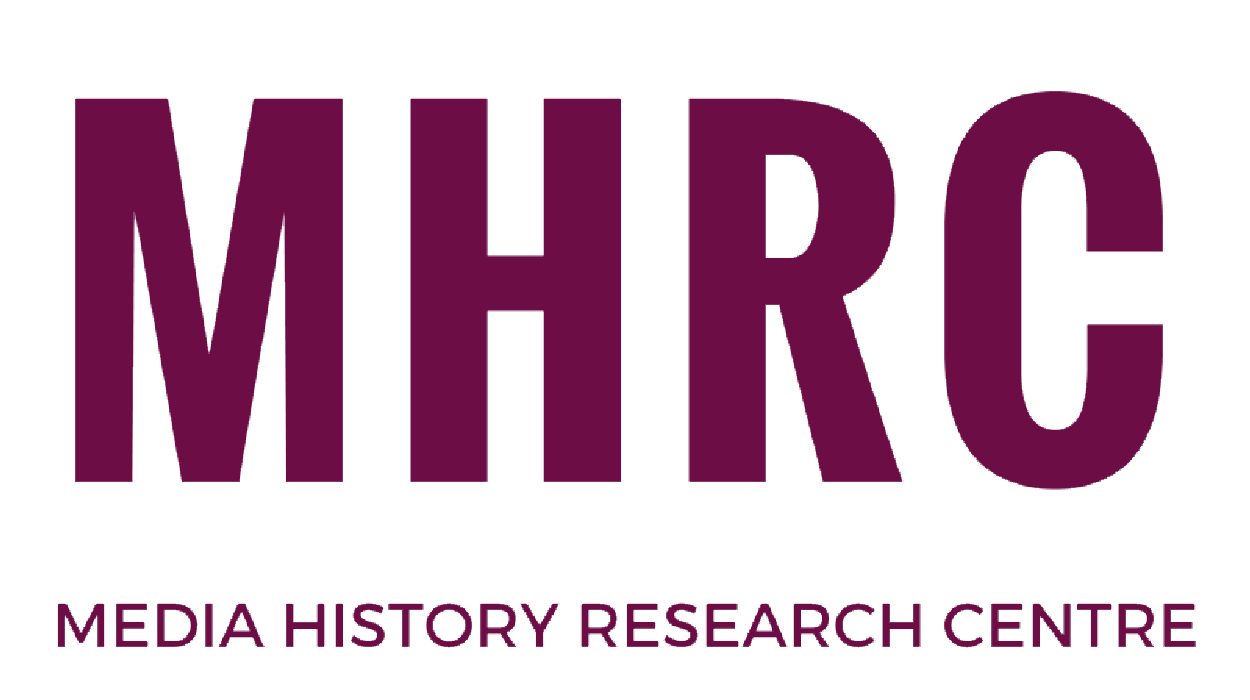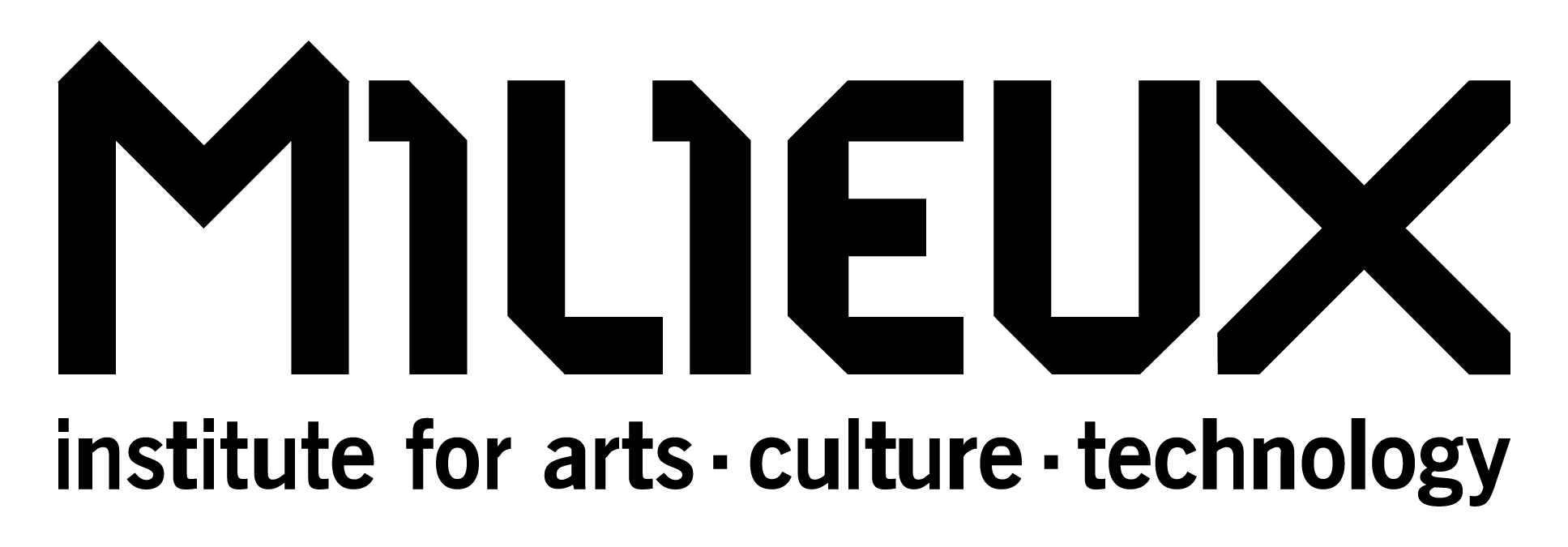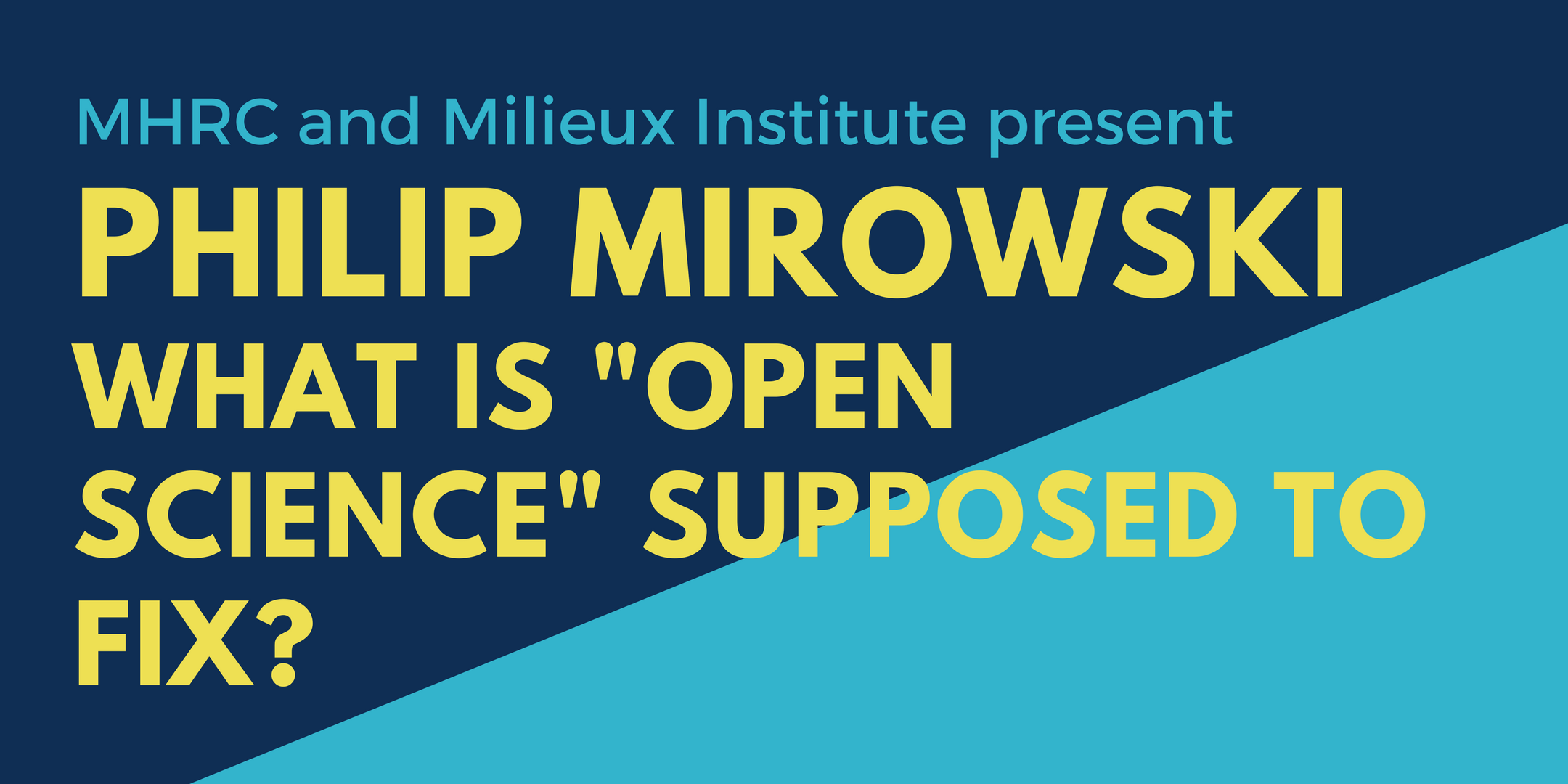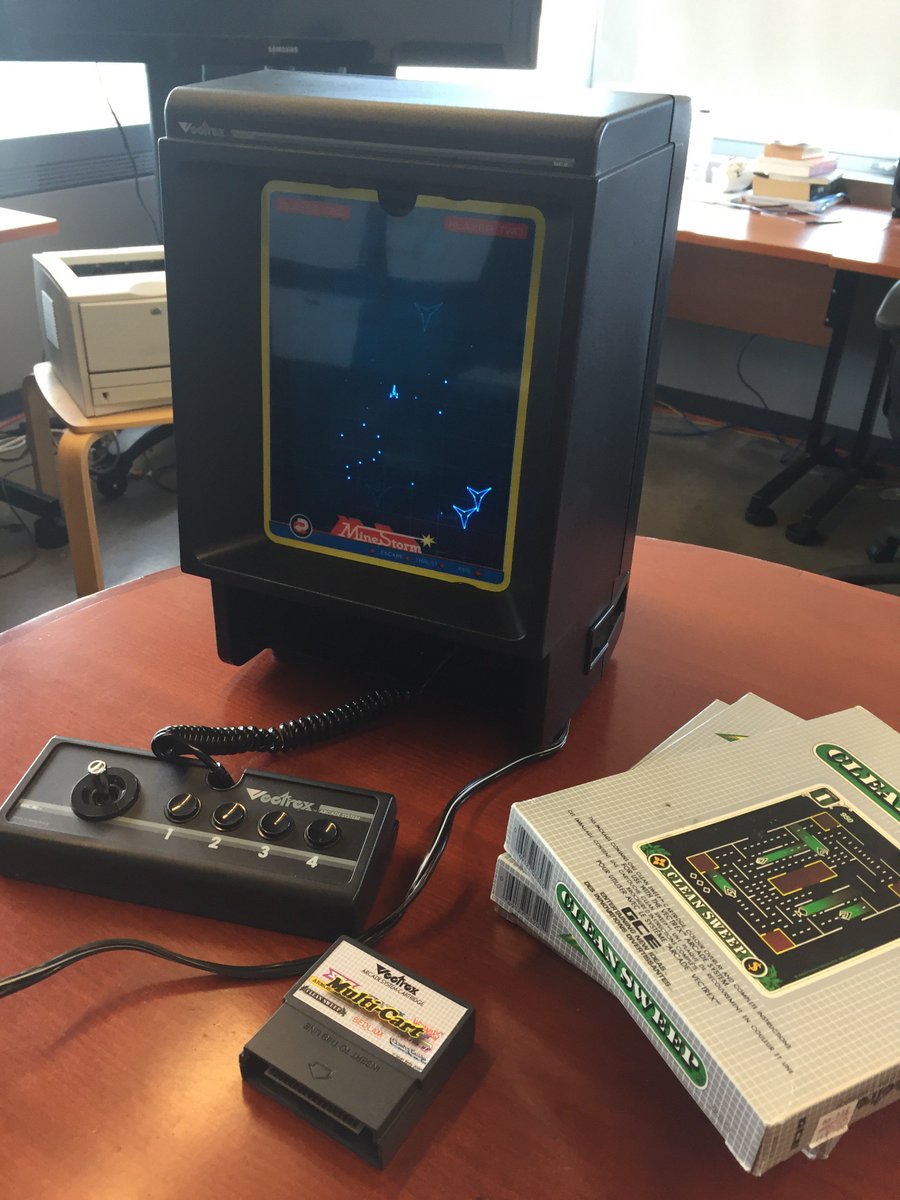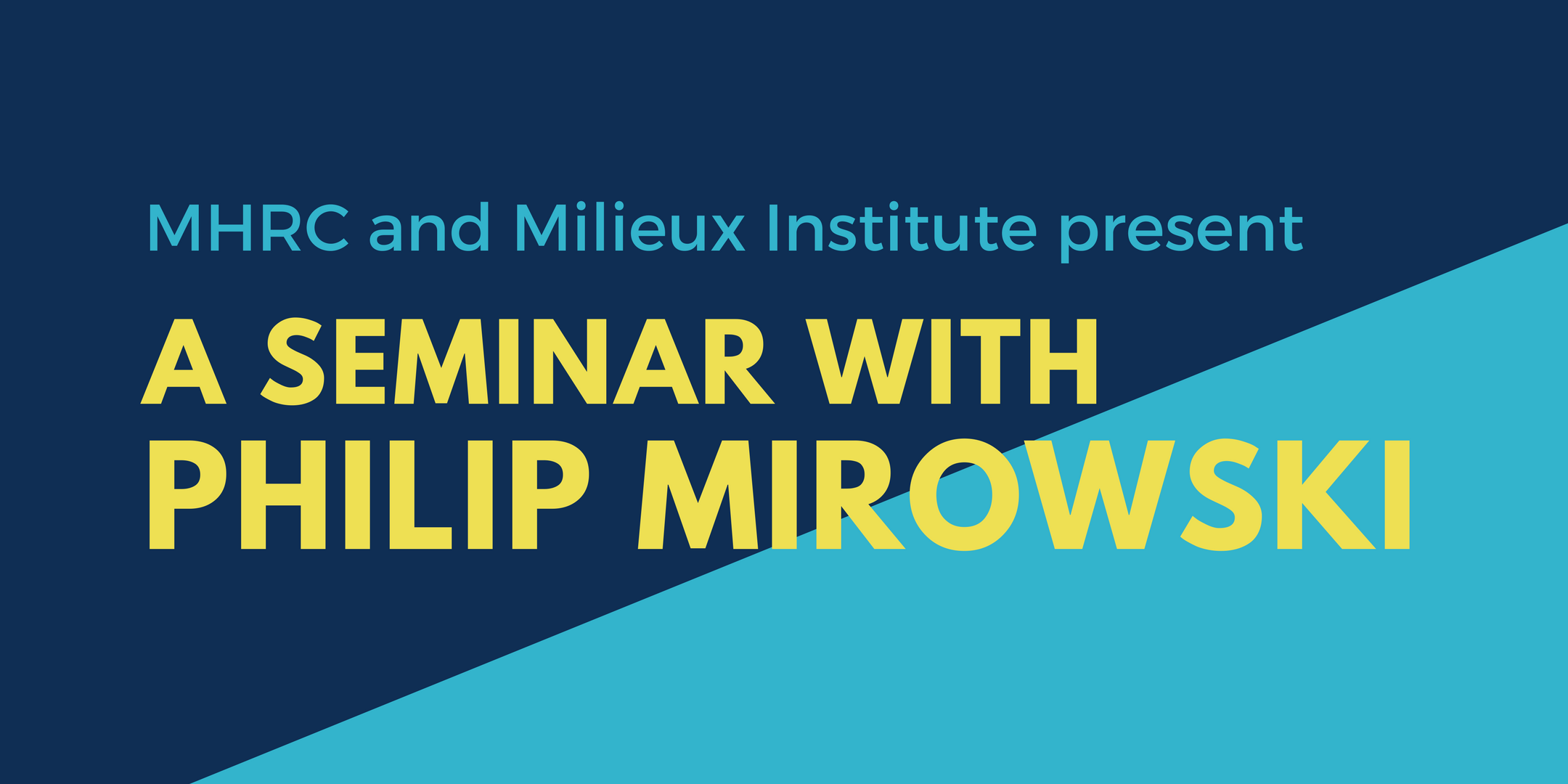 Dr. Philip Mirowski will be running a seminar inspired by his new book All the Knowledge We Have Lost Due to Information. The book examines the role of information in modern economics and how it influences policy and politics.
Dr. Philip Mirowski will be running a seminar inspired by his new book All the Knowledge We Have Lost Due to Information. The book examines the role of information in modern economics and how it influences policy and politics.
We will be reading “Information in Economics: A Fictionalist Account.” The article proposes that certain classes of economic models best be understood as “fictions.” The article will be circulated in advance.
Thursday, February 16th from 10 AM to 12 PM
EV Building, Room EV-11.705
Sir George William Campus, Concordia University,
1515 St. Catherine W.
Space is limited so please RSVP as soon as possible!
Email fenwick.mckelvey@concordia.ca with any questions.
Visit Eventbrite for more information and to register.
Dr. Philip Mirowski is Carl Koch Chair of Economics and the History and Philosophy of Science, and Fellow of the Reilly Center, University of Notre Dame. He is a critical historian of science and technology with an expertise in economics. He’s been particularly influential in tracing the development of post-War economics especially its formulate as a science.
